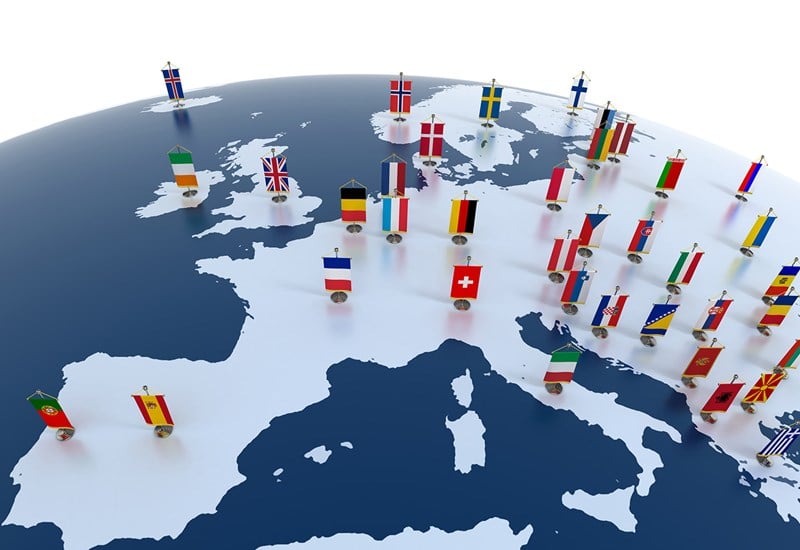As the FT points out, a full restoration of the globalized world is unlikely when the pandemic passes. The COVID-19 crisis is fuelling a nation-state comeback. The three main reasons are: global institutions lack the financial, organizational, and emotional strengths of the nation-state. Secondly, the virus has highlighted the fragility of global supply chains. It’s unlikely that developed countries will want to have to keep importing their vital medical supplies at least. And finally, the pandemic has been reinforcing demands for protectionism, production localization, and stronger border controls - all political trends that were prominent before the crisis broke.
However, as the FT also points out, sliding into uncontrolled nationalism poses a real danger of slumps in global trade and abandonment of international co-operation. Worst-case scenarios include the collapse of the EU, and the US and China going to war. Whilst anti-globalizers might have political support behind them in the aftermath of the pandemic, they don’t actually have the best solutions to where the world finds itself. In reality, a pandemic is a quintessential global problem that demands international governance and cooperation. Reviving the world economy - so vital for business - will be much harder if countries move towards complete self-reliance and containment. Who doesn’t disapprove of fear-driven hoarders grabbing every last toilet roll and pint of milk off supermarket shelves? Think about what might happen if whole countries behaved like this?
The New York Times comments that for seven decades after World War II, global trade enhanced security and prosperity across major economies. The logic is that when people are exchanging goods across borders, they are less likely to go to war with each other. Consumers gain better and cheaper products. Competition and collaboration spur innovation. In short, a zero-sum mentality (where one country’s loss is another’s gain) exacerbates antagonism and distrust and is not good for business - let alone the world as a whole. NewEurope backs the view that postwar history has shown that global economic integration (including freer trade and higher cross-border investment) helps markets and societies prosper, with health, education and life expectancy improving significantly in many parts of the world. The rejection of this system through nationalism threatens the very system that has helped to create wealth, combat poverty, and grow the middle class.
Arguably, business and finance have benefited the most from an open and rules-based international political and economic order. Yet CEOs rarely use their voices against nationalism and defend global cooperation. Large corporation Heads might look to endorsing multi-lateral organizations and private-sector initiatives. But how can you take a stand against nationalism and make a positive impact on your bottom line on a smaller scale in these challenging times? Offshored outsourcing of meaningful work to super-smart STEM graduates in developing countries is one sure-fire way of making a difference. Not only can significant savings be made from the economic arbitrage, but you’ll be increasing the diversity of your workforce. Having a team where everyone thinks differently fosters creativity, innovation, better consumer understanding and richer brainstorming. In the face of increasing global disorder, you can no longer afford to be reticent. Taking on offshore team members will de-bias your business, particularly if the offshore outsourcer uses local, rather than ex-pat managers and gives you access to the smartest talent cost-effectively. It’ll mean you are walking the talk of inclusivity, non-racism, and global cooperation. Not only is it good for your business but it presents an extraordinary opportunity to make a positive global impact. As The Guardian points out, the responses of everyone, from Presidents to CEOs to ordinary citizens, to the many challenges and upheavals arising from the pandemic will help determine what happens next.
If you’re considering fast-tracking your diversity goals through taking on offshore team members, download our eBook, '30 Essential Questions to Ask a Provider Before You Outsource’. It will ensure you're informed and have the right questions to ask when considering the next step.



